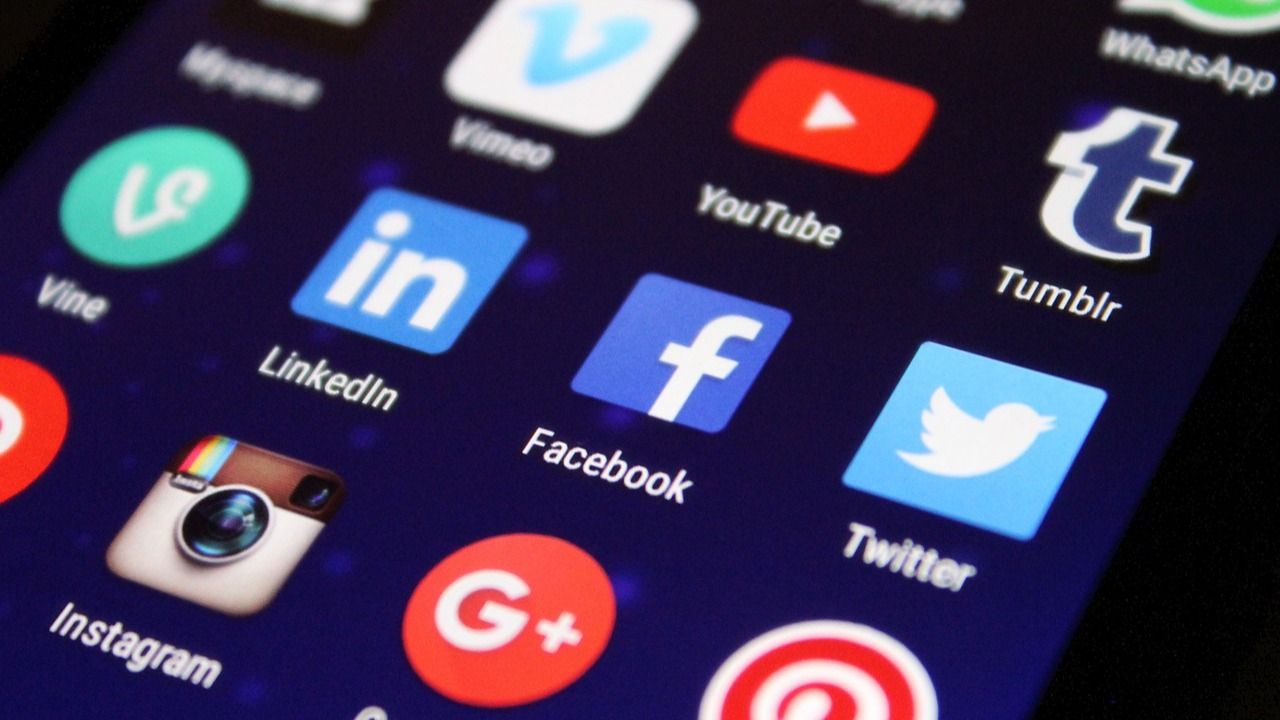
Scrolling through social media, shopping around for deals, and winding down with – you leave traces of your personal information, preferences, and habits across the internet every day While many of these footprints seem innocuous, they can collectively paint a detailed picture of your life, opening the door to potential risks like , targeted surveillance, and even reputational damage. Keep reading, and I'll walk you through my favorite strategies to clean up and manage your digital footprint – and examine the consequences of neglecting digital hygiene through high-profile examples. Before diving into the cleanup process, it's important to grasp just how vast your digital footprint is.
Your digital footprint refers to the traces you leave behind on the internet, which can be active (things you intentionally share or publish) or passive (data collected about you without your direct input). These include: Now, with the growing influence of AI, big data, and surveillance capitalism, your online activity is becoming increasingly fragmented, analyzed, and monetized. Every online action you take contributes to a detailed profile that's often shared without your knowledge or consent.

Digital hygiene refers to the habits and strategies that help you maintain control over your online presence and minimize exposure to risks. While you may already be familiar with the importance of , enabling n, and , there's a deeper level of care required to truly minimize your digital footprint. A few of the risks associated with poor digital hygiene include: Without further ado, let's get into my top tips to tidy up your digital footprint in time for the New Year.
1. Audit your online accounts The first step in cleaning up your digital footprint is identifying and auditing all the online accounts you've created over the years. This includes social media platforms, e-commerce sites, online forums, and even forgotten accounts from outdated apps or services.
2. Clear your browsing history and data Your browser is one of the most potent tools for accumulating data about your digital life. Every website you visit, search you make, and item added to your cart builds a more precise profile of who you are.
To maintain digital hygiene: 3. Control your social media presence Social media platforms are often where our digital footprints are most pronounced. If not carefully managed, these platforms can expose private information to the world at large.
4. Protect your data with encryption Encryption ensures that even if someone intercepts your data, they cannot easily read it or use it for their own nefarious ends. Using encrypted communication channels is a cornerstone of good digital hygiene.
5. Manage your metadata is the hidden information embedded in files and documents you share online, including images and PDFs. This data often includes details such as the time, location, and device used to create the file.
To protect your privacy: Failure to clean up one's digital footprint can have real-world consequences, sometimes with far-reaching effects. Ashley Madison, a dating site for people seeking extramarital affairs, was hacked in 2013. The breach exposed the personal data of over 32 million users, including real names, addresses, and sexual preferences.
Many of those affected faced significant personal, professional, and reputational damage. This incident is a stark reminder that our online activities – whether innocent or private – can be exploited when we fail to safeguard our digital footprints. Doxxing – publishing private, personal information about someone without their consent – has become a prominent issue in the age of social media.
Several public figures have had their personal information exposed, leading to harassment, threats, and even violence. The real issue? It's only going to get worse. The lack of control over one's digital footprint, particularly when combined with poor privacy settings and online disclosures, can lead to real-world danger.
In an increasingly connected world, digital hygiene is not just a matter of convenience – it's a necessity. By auditing your online accounts, clearing your browsing data, protecting your privacy on social media, and using tools like encryption, you can dramatically reduce the risk of your digital footprint being exploited or misused..















